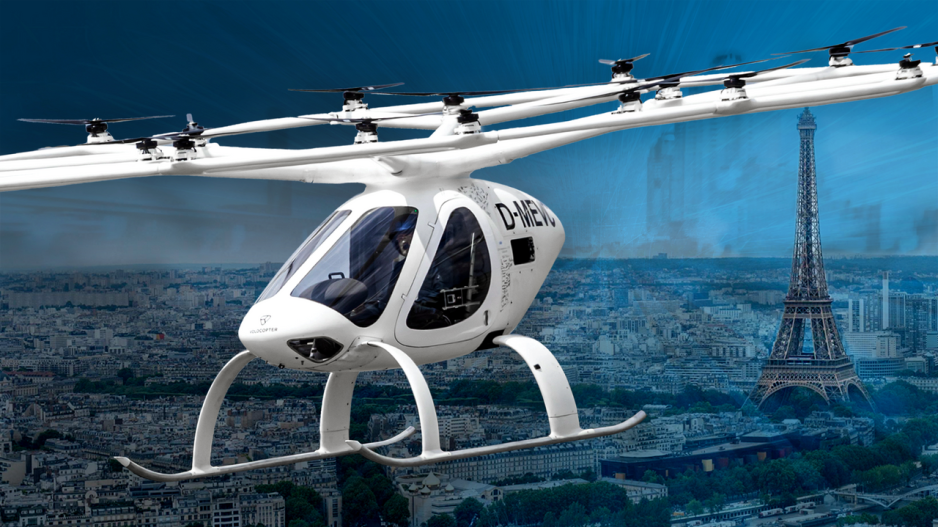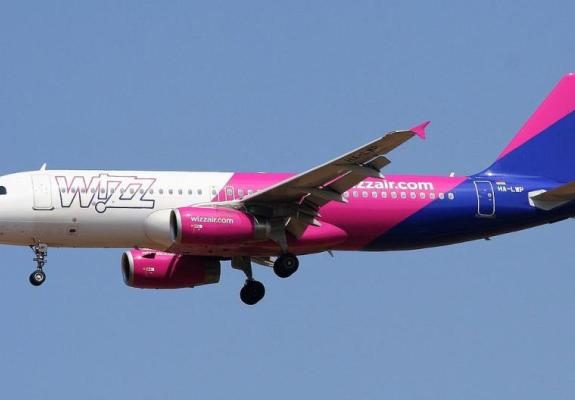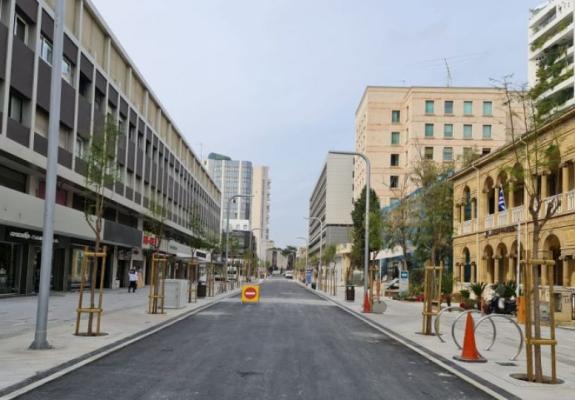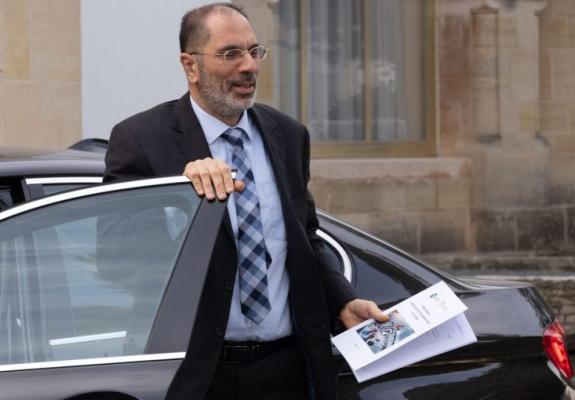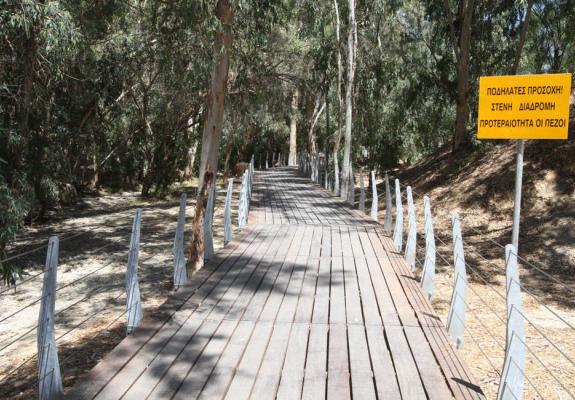Paris to Host Flying Taxis During 2024 Olympics
Government Approves Floating Platform for Electric Air Taxis on the Seine
The creation of a floating platform to allow the takeoff and landing of flying electric taxis during the Paris Olympics was approved today by a government decision published in the Official Gazette.
The platform will be installed on the Seine and "its operation will continue until December 31, 2024, at the latest," according to the French government's decision, which had been anticipated for months.
However, the project is threatened by an appeal from the socialist mayor of Paris, Anne Hidalgo, according to her office's statement to the French Press Agency.
The Paris City Council had already opposed the plan, and the municipality will challenge the government decision published in the Official Gazette in court.
With government approval, free demonstration flights will be permitted.
The platform, which will be on a barge on the Seine, "will be operational until December 31, 2024, at the latest," the French government specified in its decision. The Olympics will begin on July 26 in the French capital.
"Given its experimental nature," the decision limits the operating hours of this platform "from 08:00 to 17:00" and the number of flights "to two movements per hour and 900 flights throughout the experiment" until the end of the year.
The group Aéroports de Paris (ADP) is participating in this program along with the Paris region and the German company Volocopter, which manufactures the "Volocity," a two-seat aerial vehicle (one for the pilot), equipped with batteries powering 18 rotors above the cockpit.
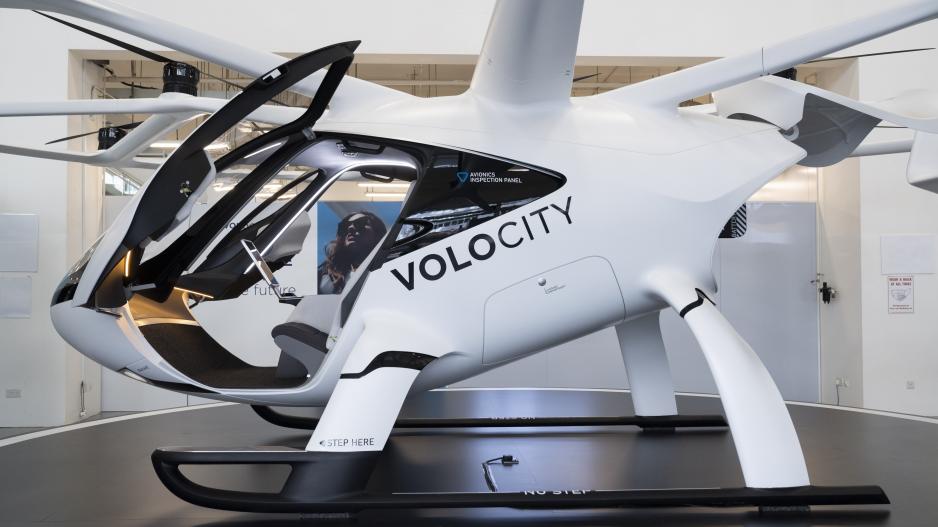
The goal is to demonstrate, on the occasion of the Olympics, the feasibility of this new mode of transportation, which will connect various vertical takeoff and landing points for electric aircraft, known as "vertiports." These aircraft are promoted as being less noisy and less heavy.
Four such "vertiports" are already operational at Paris Charles de Gaulle and Le Bourget airports, in Issy-les-Moulineaux southwest of Paris, and at Saint-Cyr-l'École airport near Versailles.
The only missing approval was for a fifth location, a barge moored near the Austerlitz train station in eastern Paris.
Promoted as a showcase for carbon-free aviation, this experiment is strongly criticized by many Paris City Council members, both from the majority and the opposition, who denounce it as an "absurd project" and an "ecological diversion."
In September, the Environmental Authority deemed the impact study "incomplete" regarding the assessment of noise pollution, energy consumption, or greenhouse gas emissions.
Proponents of these flying taxis argue that larger versions could later be used for urgent medical transports, such as patients or organ transplants.
As there is no certification from the European Aviation Safety Agency before the Olympics, which is now expected in the best-case scenario in the fall, program participants will have to be content with free demonstration flights during the Games (July 26 – August 11).
